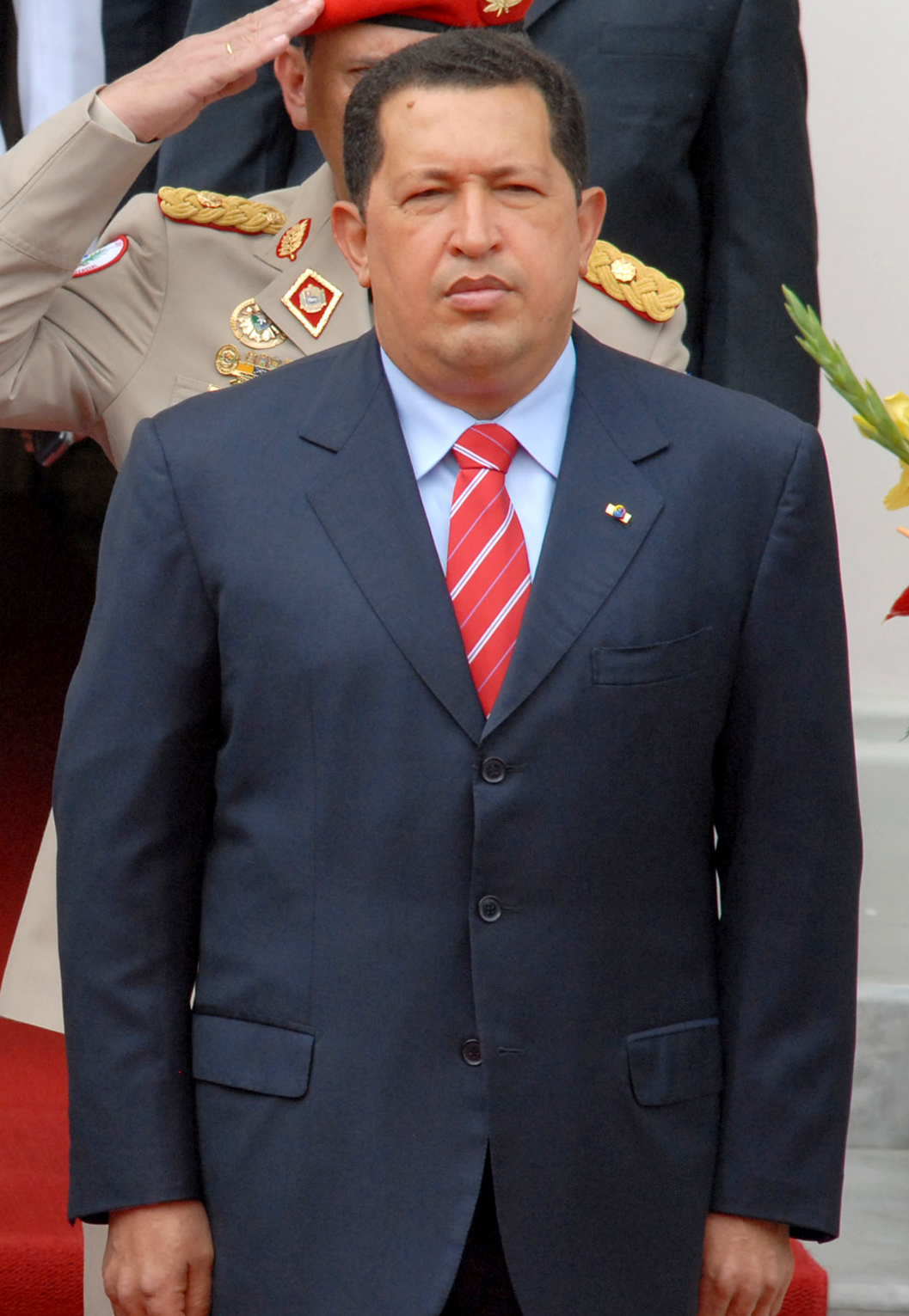A C Clark is a pseudonymous
Venezuelan author, whose book "The Revolutionary Has No Clothes" is a
criticism of the late Hugo Chavez (President of Venezuela 1999-2013) and his
so-called Bolivarian revolution.
While Clark's criticism of Chavez is probably correct as far as it goes, his presumably neo-liberal politics makes him oblivious to Venezuela's pre-Chavez problems. Only very grudgingly does Clark admit that most Venezuelans were poor, that its democracy was "clientelist", that corruption was rampant, and that the education system was lousy.
Yet, you wouldn't know if you don't read the fine print, since usually Clark paints "The Fourth Republic" in glowing colors (stable democracy, richest nation in Latin America, venerable leaders of mixed race, etc). He never mentions IMF's structural adjustment program, and actually defends (sic) President Carlos Andres Perez' decision to suppress the 1989 "Caracazo" protests by lethal force. Bizarrely, he claims that no coup against Chavez took place in 2002!
So why did people vote for this outrageous character, year after year? Clark's only response is that Venezuelans are stupid, due to that bad education system, and that's that. He never faces squarely the fact that Chavez, surely, is a symptom of a much deeper malaise in Venezuelan society: the fact that the democratic system (which may have been the lesser evil as far as it went, compared to, say every other Latin American nation) was seriously distorted by poverty, clientelism, corruption and racism. Clark admits that Chavez' predecessor, Rafael Caldera, won the last pre-Chavez elections in 1993 due to massive discontent with the traditional parties. Thus, the stage was set for something dramatically new. Enter Hugo, stage left. Although Clark paints Chavez as something of a killer-clown, I think it's obvious that the man was a rather skilled political manipulator, who used the oil wealth of Venezuela to boost his power by distributing largesse to the poorer strata of society.
For a better critical, though still journalistic look, at Hugo Chavez and Venezuela, I rather recommend Rory Carroll's "Comandante".

No comments:
Post a Comment